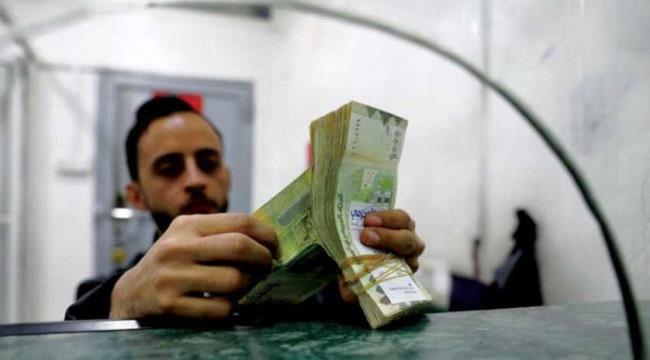Houthis threaten to seize deposits of one million Yemenis.. What are the risks?

The Houthi militias insist on proceeding with the confiscation of more than $3 billion in internal debt interest under the pretext of preventing usury in business transactions and loans, a move that would lead to the confiscation of more than one million people’s deposits according to economic sources, putting Yemeni banks and traders in Houthi-controlled areas at risk of bankruptcy.
The issuance of a law banning usurious transactions by coup militias will also create an unprecedented economic and social catastrophe. One million and 200 thousand depositors will lose their livelihoods from the simple returns they receive on their bank deposits, after these banks set a ceiling for the allowed withdrawals on deposits they had prior to 2016, for no more than $60 per month; due to the militias’ freezing of the benefits of the internal public debt.
Economic sources warned to Middle East newspaper that the passage of the law would mean that all depositors will not be able to recover even their original money, because the Houthi militias propose to put in place what they call a long-term strategy to process the original debt amounts without profits, which means that they have to wait long years to obtain it, after deciding to transfer deposits to current accounts and reducing the interest rate to zero.
The remaining four commercial banks will have to close their doors and declare bankruptcy. The enforcement of this law in its current form will lead to the closure of the banks and the collapse of the entire banking system.
In a related context, the Yemeni government announced last mid-February a large financial loss; Because of the violations committed by the Houthis, especially targeting the oil sector, in order to serve Iranian interests in the region, the Yemeni people, who suffer from hunger and malnutrition, especially children, have become the biggest victims of these crimes targeting the economy.
“The country’s economy has suffered losses of around US$1 billion due to recent Houthi attacks on oil ports, causing the country’s oil exports via the Red Sea to stop”, the government said.
Yemen is in the grip of a war that began after the Houthis took control of the capital Sanaa and several provinces at the end of 2014, with support from forces loyal to former President Ali Abdallah Saleh; Saleh was killed in 2017 in clashes with the group’s gunmen when their alliance ended.












